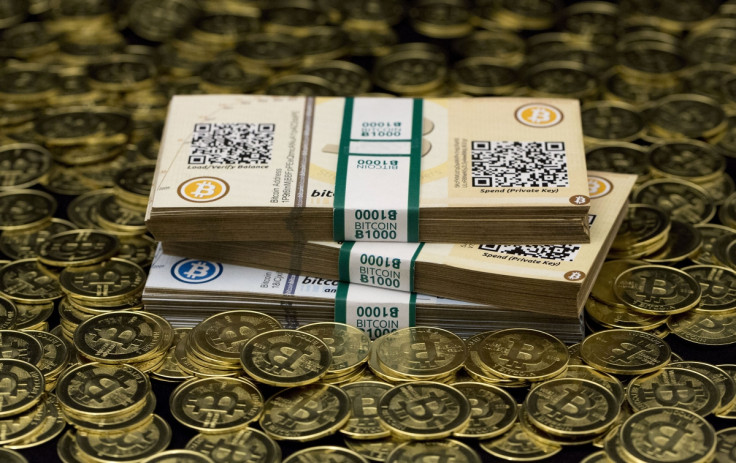Men Charged for Bitcoin Money Laundering Scheme in Florida

Two Miami men were arrested last week after they were found to have used popular virtual currency bitcoin for money laundering.
Pascal Reid and Michel Abner Espinoza are facing two counts of money laundering and one count of engaging in an unlicensed money servicing business. They are being held in Miami-Dade County jails.
A local prosecutor said the charges may be the first in the US state of Florida in connection with the abuse of bitcoin, according to a Bloomberg report.
"The use of Bitcoins in the transactions is a new technological flourish to this very old crime," Miami-Dade State Attorney Katherine Fernandez Rundle said.
The "arrests may be the first state prosecutions involving the use of Bitcoins in money laundering operations."
"Buying Bitcoins allows money to be anonymously moved around the world with a click of a computer mouse. Improperly used, Bitcoins are often seen as a perfect means of laundering dirty money or for buying and selling illegal goods, such as drugs or stolen credit card information," she added.
The arrested individuals were found to have engaged in high volume bitcoin activity," the attorney said.
Rising Number of Bitcoin Crimes
Earlier in January, Charlie Shrem, the CEO of bitcoin exchange BitInstant, was arrested and charged with money laundering and using bitcoins to purchase drugs on the Silk Road website.
The notorious online black market Silk Road had had some 30,000 bitcoins seized by the US prosecutors after the website was found to be facilitating money laundering using the virtual currency.
New York prosecutors charged Ross William Ulbricht, the operator of Silk Road, with drug trafficking, computer hacking, money laundering and engaging in a continuing criminal enterprise. The charges would result in a life-term prison sentence for Ulbricht, known as "Dread Pirate Roberts", if he is convicted.
The seizing of Silk Road and the arrest of Shrem were major setbacks to bitcoin's reputation and value, as its anonymity has been a serious concern for regulators. Transactions in bitcoins are done anonymously over peer-to-peer networks.
Critics say bitcoins could be used for drug transactions, money-laundering and other illegal activities due to the near anonymity of those who deal in it.
So far, Russia and Indonesia banned the use of virtual currencies, while many other countries warned consumers to be cautious while dealing with them.
© Copyright IBTimes 2025. All rights reserved.






















